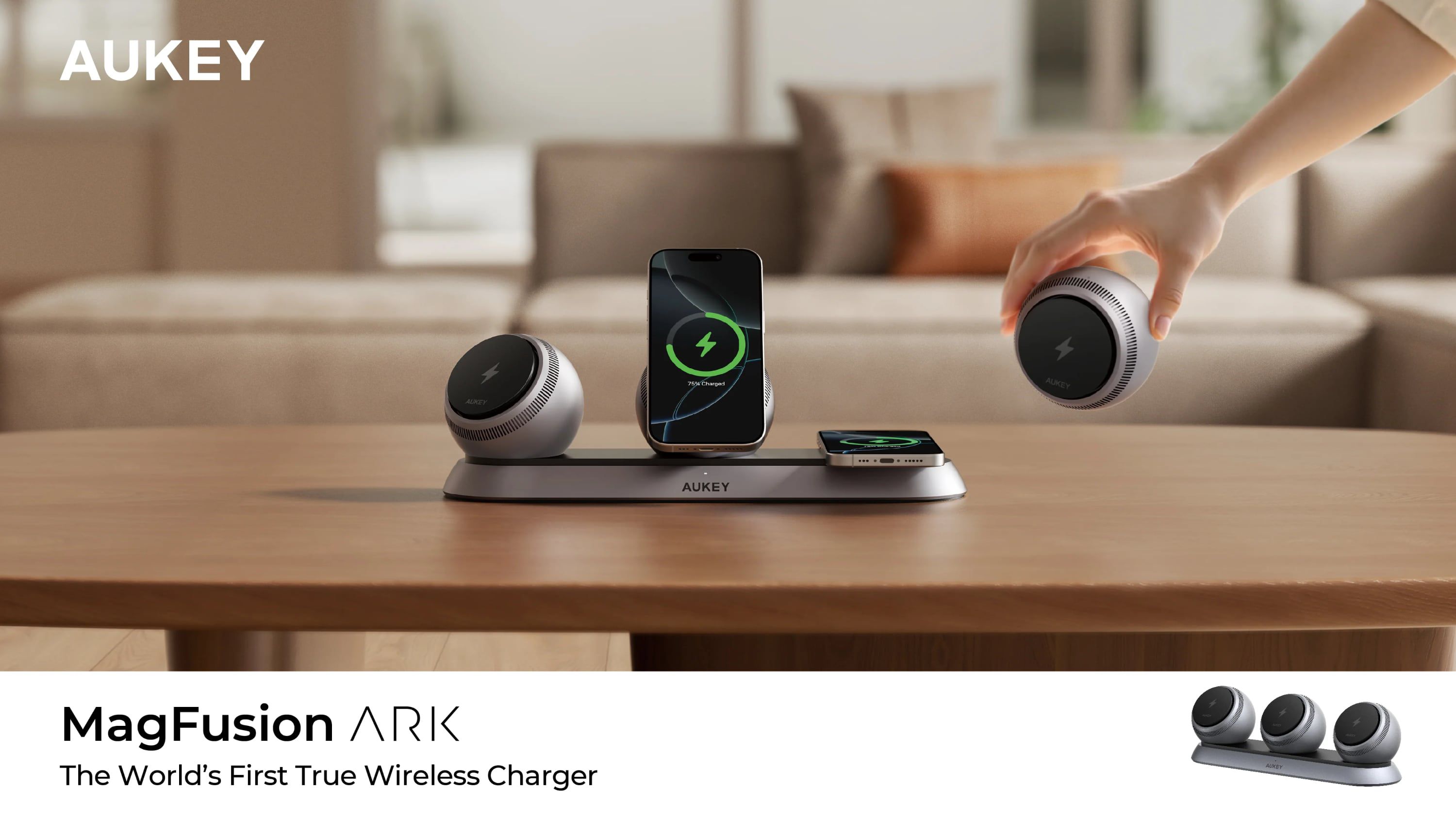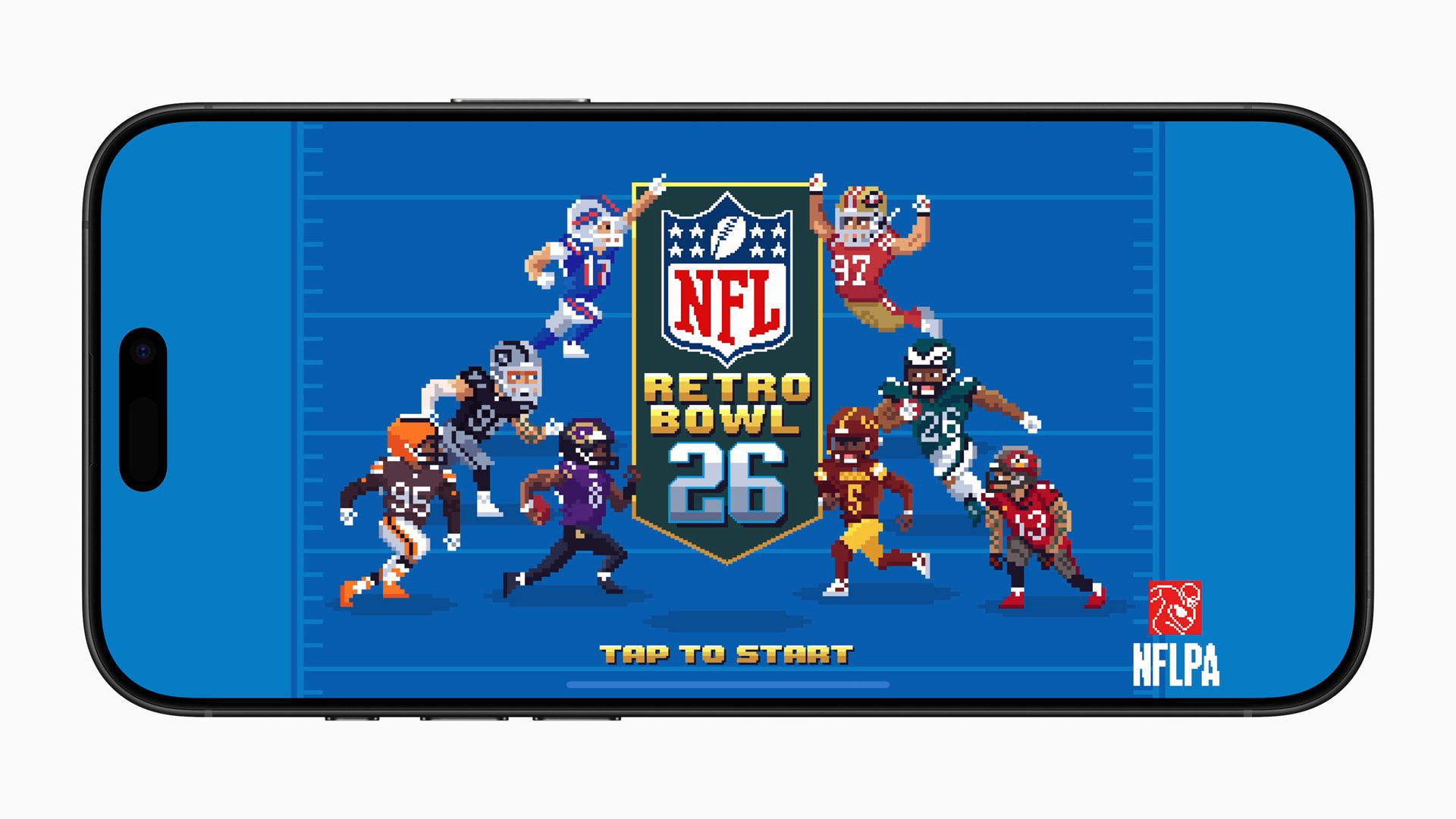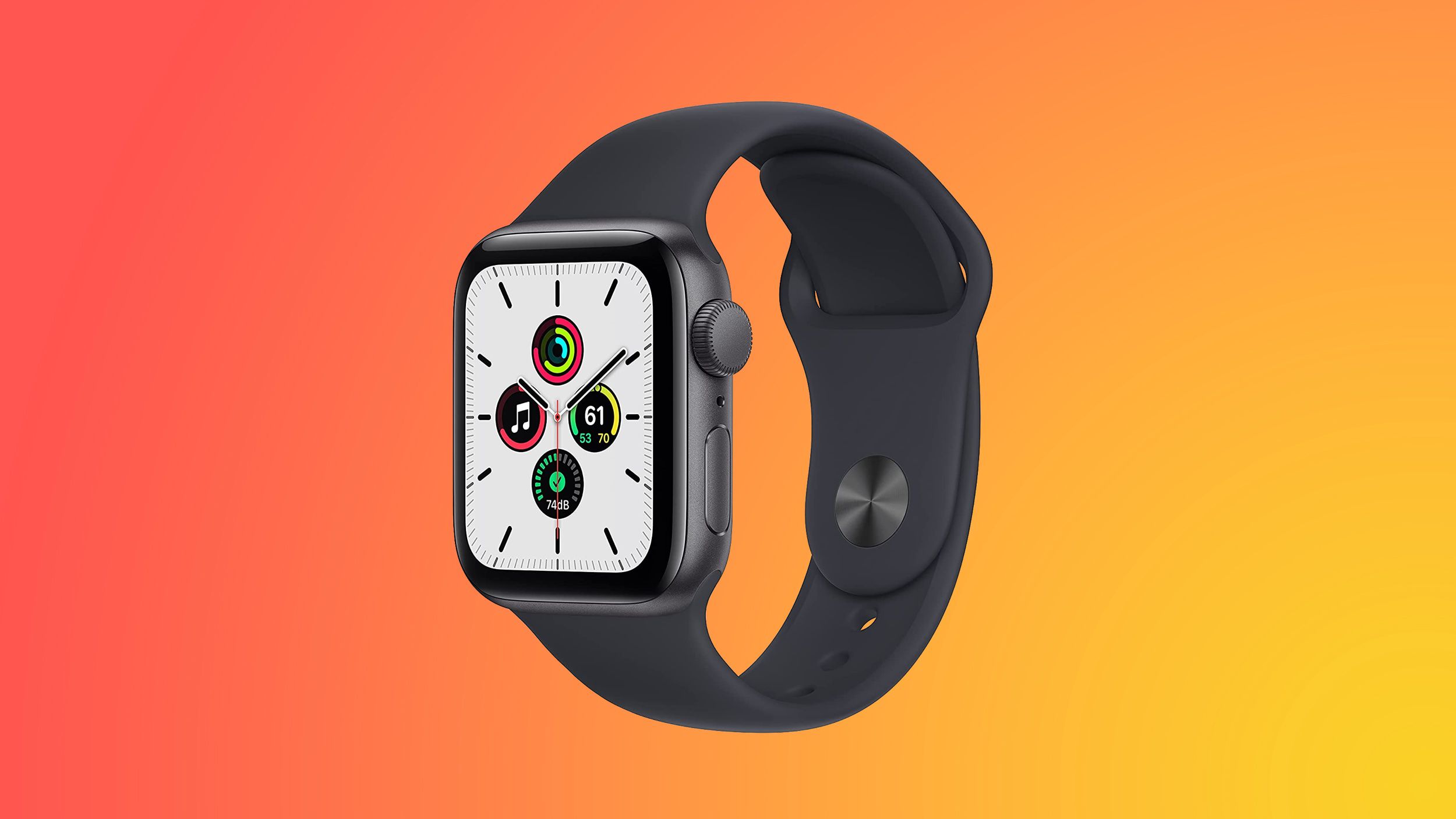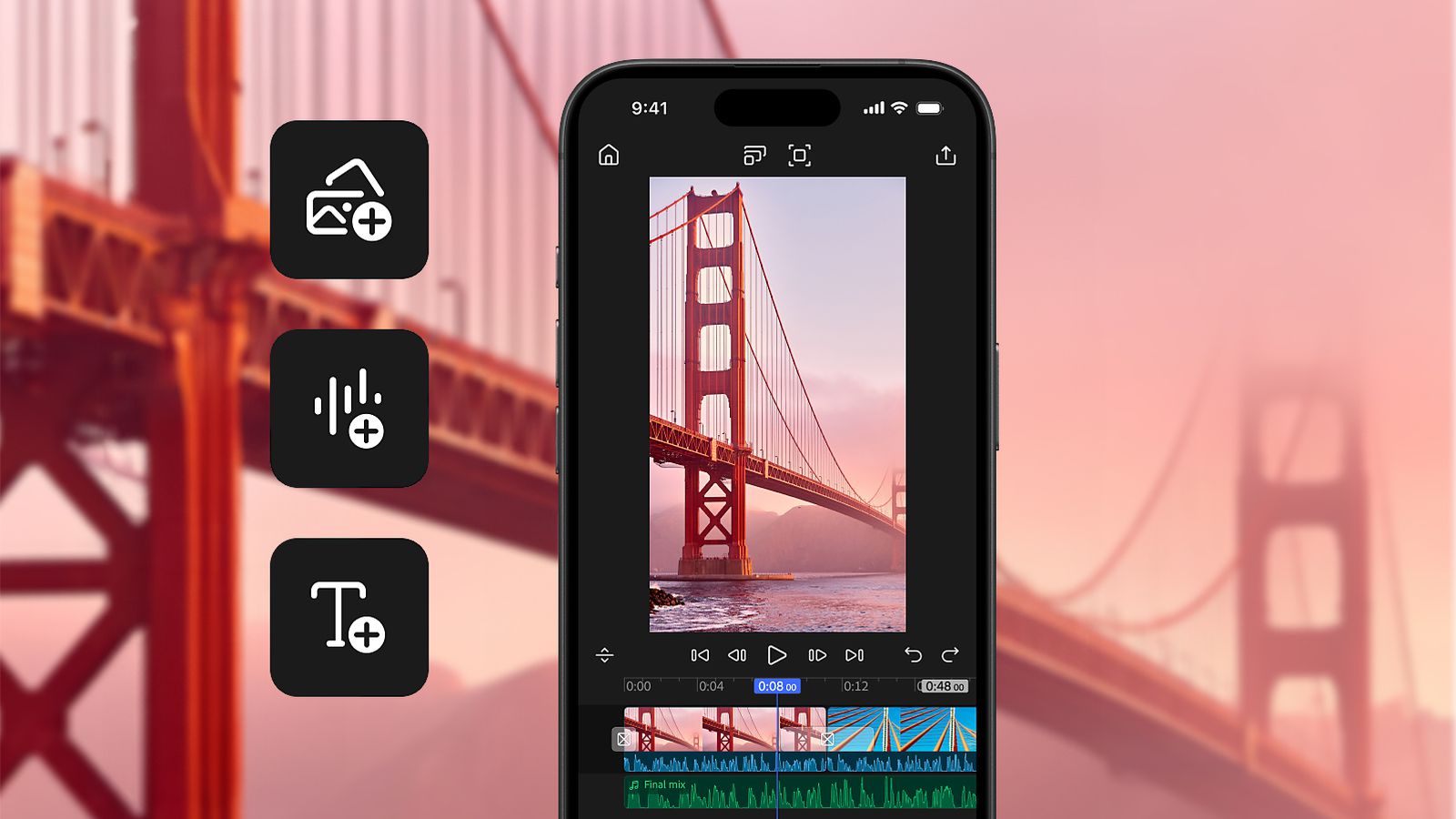Following months of testimony for the remedies phase of the Google antitrust trial, Judge Amit Mehta just issued his decision, and it is largely beneficial to Apple’s deals with Alphabet.Here are the details.Almost a year ago to the date, the Department of Justice won its case against Google, in which it was able to convince Judge Mehta that Google had a monopoly over online search.
The case then entered the remedies phase, which collected testimony from multiple parties involved in Google’s dealings, including Apple executives such as Eddy Cue.The stakes were high, as some proposed remedies involved terminating Google’s deals with Apple, including prohibiting it from having its search engine be the default on Safari, a partnership that has rendered Apple tens of billions of dollars across the years.A few moments ago, Judge Mehta issued his ruling, and Google’s deals with Apple remained largely unscathed.
Right now, Apple’s stock is seeing a 3.4% bump in after-hours trading, while Google’s stock is up more than 7%.Here’s what Google can and cannot do when it comes to partnerships with Apple going forward: What is allowed Apple’s search partnership with Google may continue.Judge Mehta rejected a blanket “payment ban,” finding it would harm partners and consumers.
For this reason, Google gets to keep paying Apple to be the default (albeit not ) search engine on Safari; Google will still be allowed to pay browser developers (including Apple) for default status, provided the browser is allowed to promote other search engines, set different defaults by OS version or private mode, and change the default on an annual basis; And speaking of defaults, the court found that choice screens weren’t shown to improve search competition, so this means that Apple won’t have to add new choice UIs in Safari or iOS because of this ruling; When it comes to generative AI, the ruling bars contracts that would stop a Google partner from simultaneously distributing generative AI products (as well as other general search engines and browsers).In practice, this means that Apple will be free to promote or integrate non-Google assistants or chatbots even while Google Search remains the default on Safari.What is not allowed No exclusivity, including for generative AI products or features.
This means that Google can’t require Apple to make Google the only option, block Apple from featuring rivals, or tie the deal for one Google app (like Search) to another (like Gemini); No exclusivity-adjacent incentives.Google can’t offer higher revenue-share tiers or bonuses in exchange for exclusivity or for bundling multiple Google apps together; 12-month default limit.Google can’t condition revenue share on keeping any Google service as the default for more than one year.
This means that Google’s competitors will get a yearly shot at offering Apple a better deal.For an even closer look at today’s decision, and the aspects that go beyond Google’s partnerships with Apple, check out 9to5Google’s coverage of today’s ruling.What’s your take on today’s decision? Let us know in the comments.
Accessory deals on Amazon
Wireless CarPlay adapter, $10 off
Apple AirTag 4 Pack, 29% off
Apple AirTag, 21% off
Beats USB-C to USB-C Woven Short Cable, 19% off
You’re reading 9to5Mac — experts who break news about Apple and its surrounding ecosystem, day after day.Be sure to check out our homepage for all the latest news, and follow 9to5Mac on Twitter, Facebook, and LinkedIn to stay in the loop.Don’t know where to start? Check out our exclusive stories, reviews, how-tos, and subscribe to our YouTube channel









